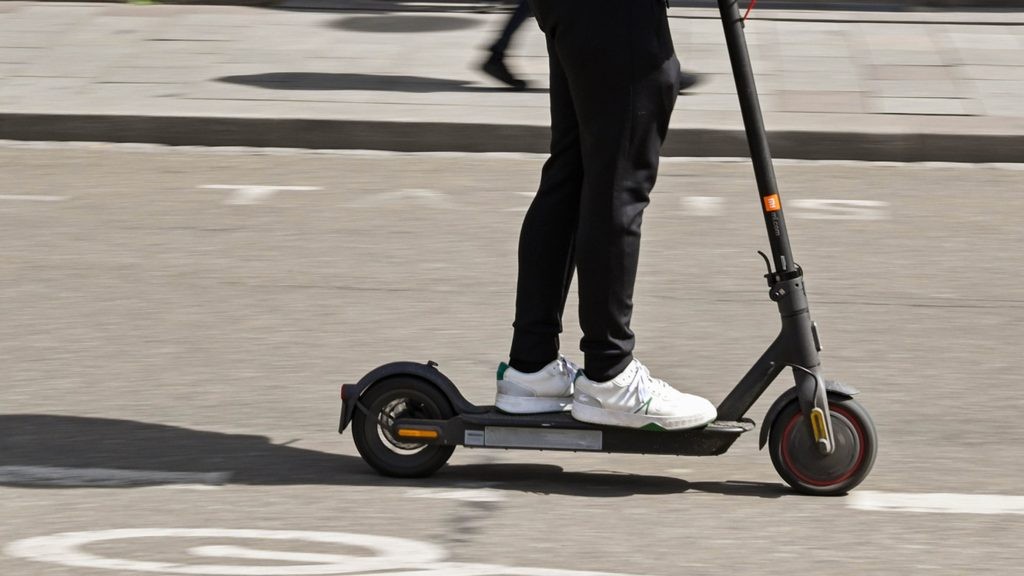
Lithium-ion batteries are found in many common household products such as mobile phones, laptops, scooters, e-cigarettes, smoke alarms and toys.
When treated with respect and care, lithium-ion batteries are safe. However, if they are misused (for example, overcharged or damaged), or are of poor quality, they can present a serious risk of fire, explosion and toxic smoke inhalation. Lithium-ion battery fires burn fiercely, are difficult to extinguish and can spread quickly. In the unfortunate event of a fire, it’s important to note that while your landlord’s insurance will cover the building itself, it will not protect your personal belongings. To safeguard your possessions, you will need to obtain your own contents insurance. If your home has electrical products that have lithium batteries, take note of the safety messages below.
Purchasing lithium batteries
- Purchase lithium-ion batteries, products, or battery chargers from a reputable supplier.
- When purchasing a product, battery, or battery charger, ensure that:
– the markings and information provided with the product, including the manufacturer’s instructions, are in English
– an adaptor is not required for it to be used- any plug that is fitted is a New Zealand type plug with insulated pins
– any battery charger is marked with a rated voltage of 230V or a voltage range including 230V - Before purchasing a lithium-ion battery or battery charger, it is recommended to obtain a copy of Supplier Declaration of Conformity (SDoC) from the supplier. If this can’t be provided, do not purchase.
Charging devices with lithium batteries
- Use the original battery charger supplied with the product
- Look for any signs of damage or wear before charging, such as the product or battery being dropped, crushed or punctured. If signs of damage or wear are observed, do not use or charge the product or its battery
- Be observant during charging, especially for any signs of smoke or noise
- Disconnect the product or its battery from the charger as soon as possible after it has fully charged. Do not leave your product or battery charging overnight while you are sleeping or out.
- Charge the product or its battery in a place where is not surrounded by any ignitable and flammable materials, such as underneath a pillow, on the bed, or on the couch
- When charging a personal e-transport device, such as an e-scooter or e-bike, it is recommended to charge the product or its battery in a location that is away from your main property, such as outside under a cover or in the garage.
Ongoing use and maintenance
- Never modify the product, including the battery and charger
- Never leave the product or its battery anywhere that it could be exposed to extreme temperatures e.g. in direct sunlight or near a hot stove
- Follow the manufacturer’s instructions, including how to exchange and care for the battery
Source: https://www.worksafe.govt.nz/topic-and-industry/energy-safety/safe-use-of-lithium-ion-batteries-and-battery-products/
